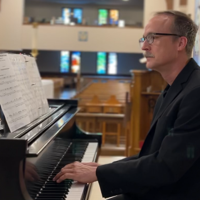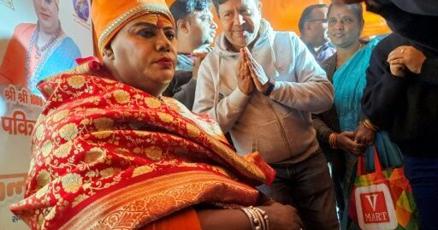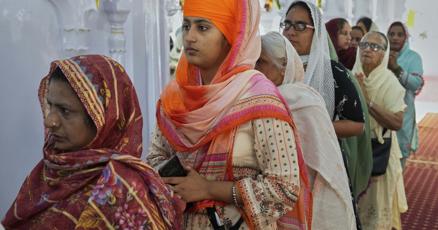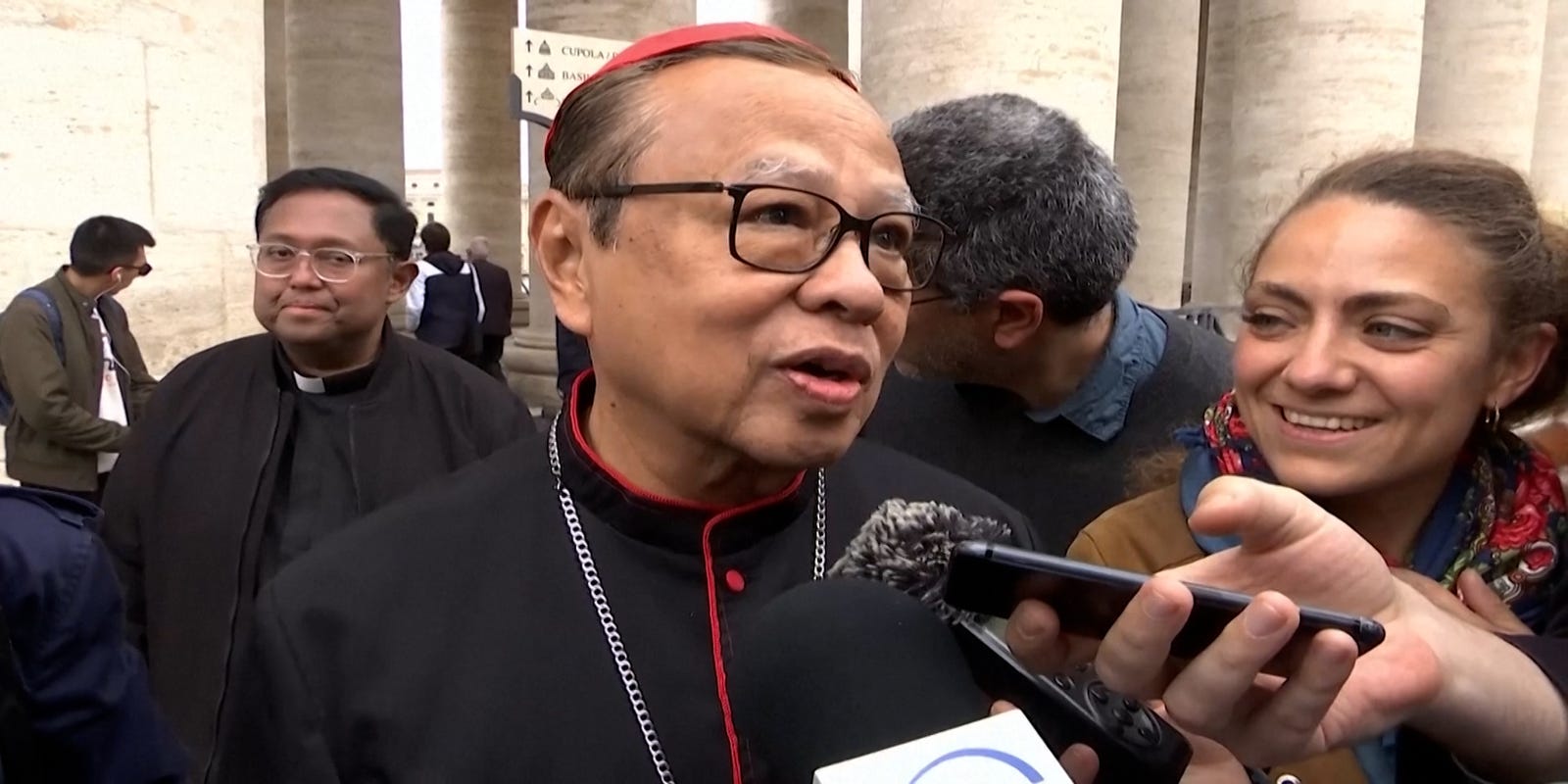Silent Prayers, Silenced Thoughts: When Faith Drowns Out Critical Questioning
Religion
2025-04-29 19:56:00Content

I share these words with profound respect and genuine understanding, not with any intent to criticize or diminish. Across Africa, particularly in nations like Ghana, religion has been far more than a mere belief system—it has been a transformative force that has intricately woven itself into the very fabric of our cultural narrative.
Religion has served as a powerful catalyst, shaping communities, guiding social interactions, and providing a profound sense of identity and purpose. It has been a beacon of hope, a source of resilience, and a fundamental framework through which people have interpreted their experiences, challenges, and aspirations.
In Ghana and throughout the continent, religious traditions have not just been spiritual practices, but living, breathing expressions of collective memory, resistance, and cultural continuity. They have offered solace during difficult times, inspired social movements, and played a crucial role in preserving and transmitting cultural values across generations.
This deep-rooted spiritual landscape is a testament to the complexity and richness of African social dynamics, where faith is not a passive experience, but an active, dynamic force that continues to influence personal and communal life in profound and meaningful ways.
Unveiling the Spiritual Tapestry: Religion's Transformative Power in African Societies
In the intricate landscape of cultural dynamics, few forces have shaped human experience as profoundly as religious belief. Across the African continent, particularly in nations like Ghana, spirituality emerges not merely as a belief system, but as a fundamental framework that intertwines social, cultural, and personal narratives, creating a complex mosaic of human understanding and collective identity.Exploring the Profound Spiritual Dimensions of African Cultural Resilience
The Historical Roots of Religious Influence
Religious traditions in Africa represent far more than theological constructs; they are living, breathing ecosystems of cultural preservation and social transformation. From ancient indigenous practices to contemporary interpretations of Christianity and Islam, these belief systems have consistently served as powerful mechanisms of community cohesion, moral guidance, and collective resilience. The intricate tapestry of African spirituality transcends simple religious categorization. Each belief system carries within it generations of wisdom, philosophical insights, and complex social narratives that have guided communities through challenging historical periods. These spiritual frameworks have not only provided spiritual comfort but have also been instrumental in maintaining cultural continuity during periods of significant social upheaval.Spiritual Dynamics and Social Transformation
Religious institutions in African societies function as multifaceted social platforms that extend far beyond traditional worship. They serve as critical spaces for community organization, social networking, educational empowerment, and economic mobilization. Churches, mosques, and traditional spiritual centers become crucibles of social innovation, where collective aspirations are articulated and collective strategies for community development are conceived. The transformative potential of religious institutions becomes particularly evident in their ability to address complex social challenges. Through educational initiatives, healthcare programs, and community support networks, these spiritual organizations demonstrate a remarkable capacity to translate theological principles into tangible social progress.Navigating Contemporary Spiritual Challenges
In the modern global context, African religious landscapes are experiencing unprecedented complexity. The intersection of traditional beliefs, global religious movements, and rapidly evolving social dynamics creates a fascinating arena of spiritual negotiation and reinterpretation. Contemporary African spiritual practitioners are increasingly engaging in nuanced dialogues that balance respect for traditional practices with openness to global philosophical perspectives. This dynamic approach allows for a more flexible, inclusive understanding of spirituality that can adapt to changing social realities while maintaining core cultural values.The Psychological and Emotional Dimensions of Spiritual Experience
Beyond societal structures, religious experiences in African contexts offer profound psychological and emotional resources. They provide frameworks for understanding personal challenges, mechanisms for emotional resilience, and pathways for individual and collective healing. The spiritual journey in these contexts is deeply personal yet simultaneously communal. Individual spiritual experiences are validated, celebrated, and integrated within broader community narratives, creating a holistic approach to personal growth and collective well-being.Future Trajectories of African Spiritual Landscapes
As African societies continue to evolve, religious practices will undoubtedly undergo significant transformations. The future promises increasingly sophisticated, nuanced spiritual expressions that can simultaneously honor traditional wisdom and embrace contemporary global perspectives. The ongoing dialogue between traditional spiritual practices and modern philosophical frameworks suggests a rich, dynamic future for religious experience in African contexts. This evolution represents not a departure from tradition, but a continuation of the adaptive, resilient spiritual heritage that has long characterized African cultural experiences.RELATED NEWS
Religion

Heavenly Harmonies: Muhlenberg Lutheran's Soulful Lenten Music Journey Begins
2025-03-11 21:30:00
Religion

Breaking Barriers: Transgender Monks Secure Historic Recognition at Sacred Hindu Gathering
2025-02-25 02:11:44
Religion

Faith, Fear, and Terror: Waddetiwar's Provocative Remarks on Pahalgam Tragedy
2025-04-28 07:02:13





